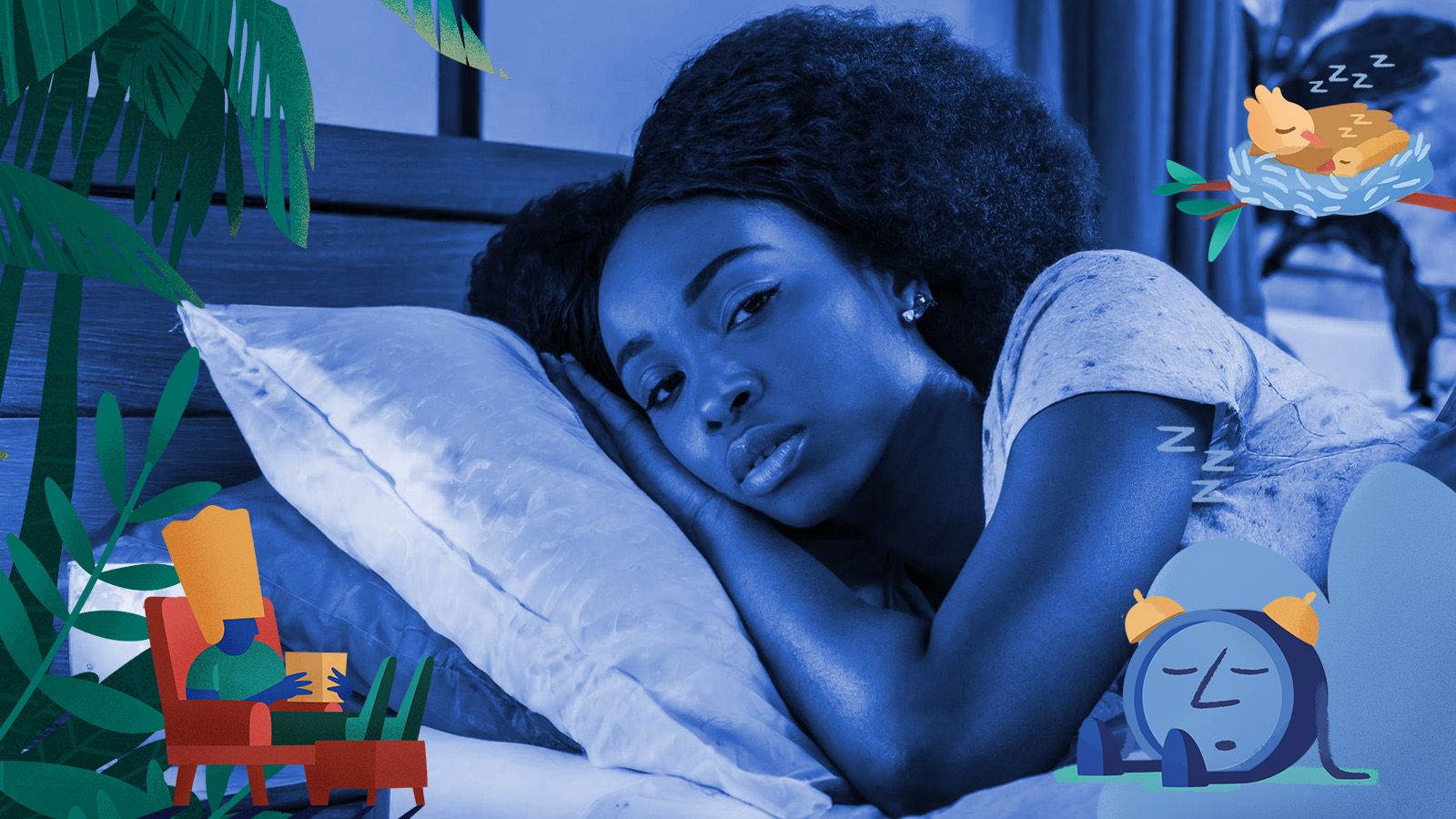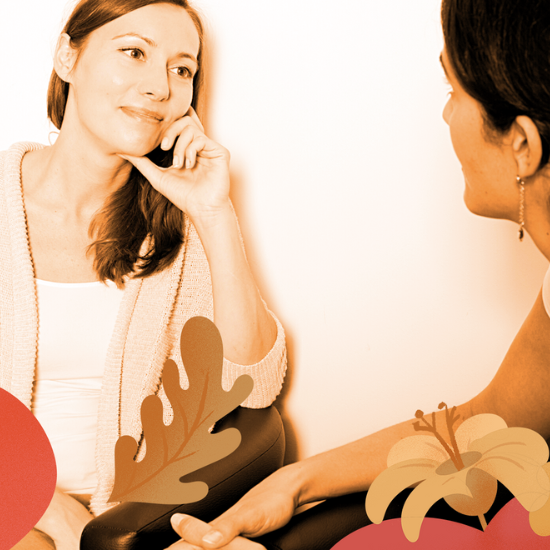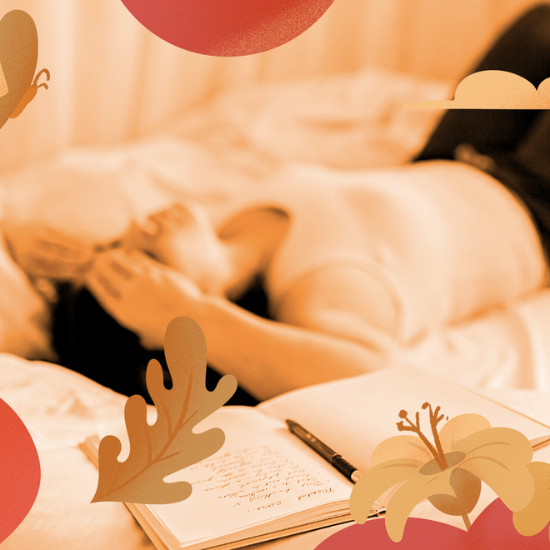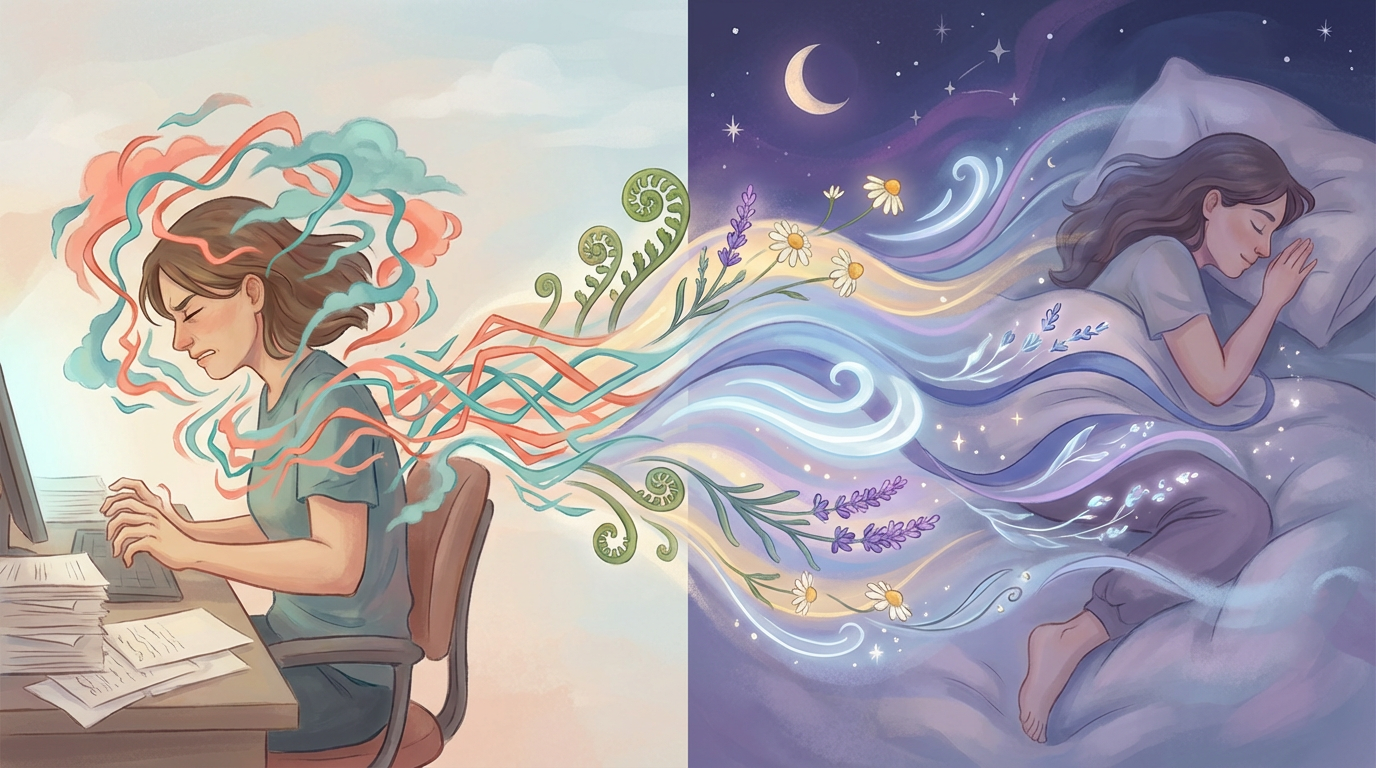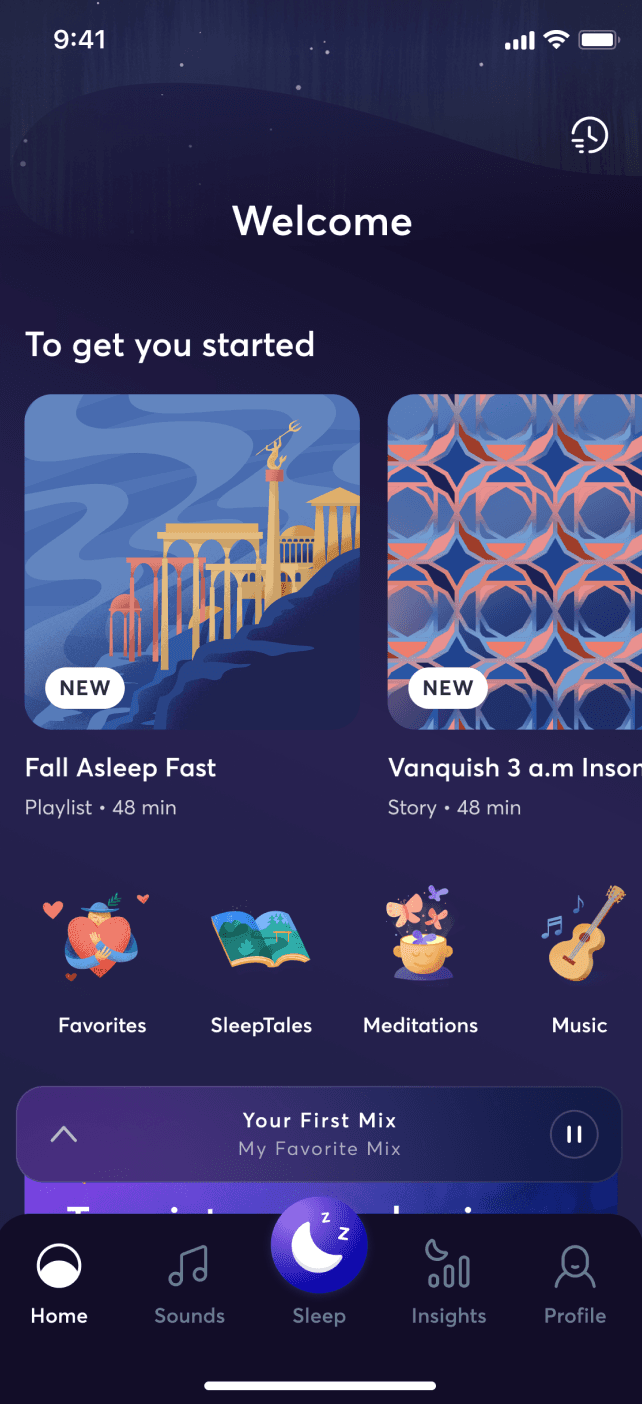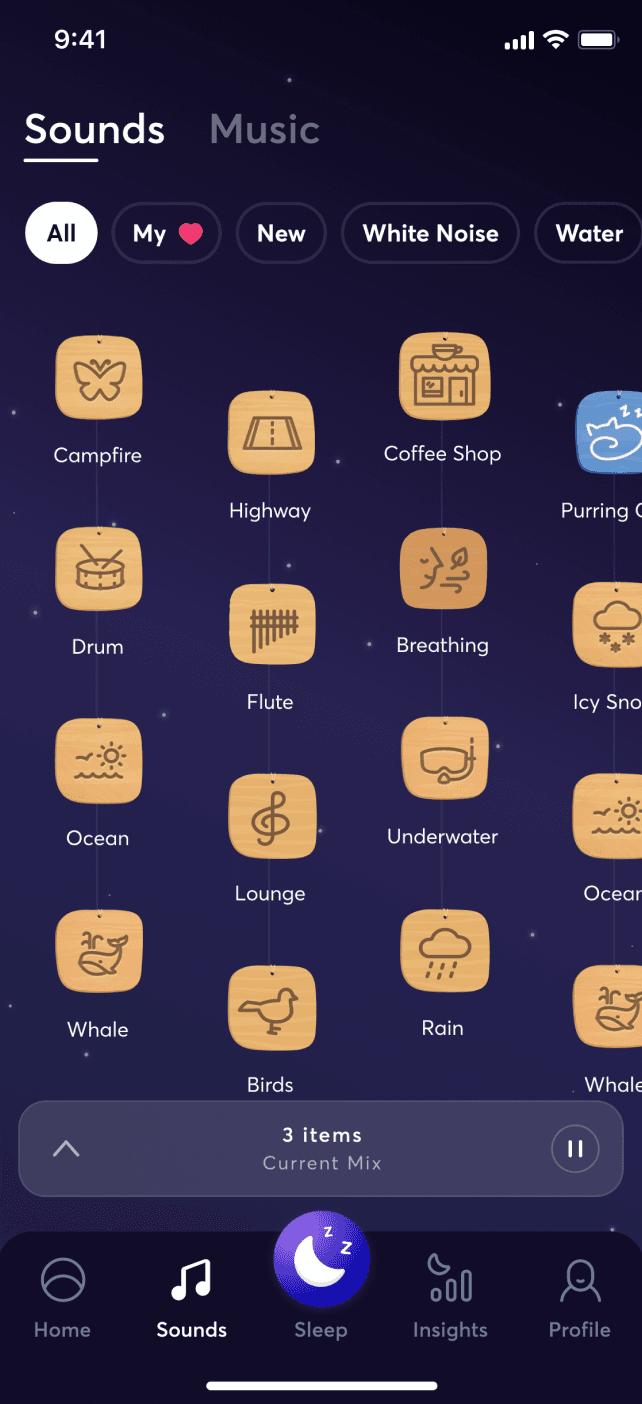
How to Spot and Help Your Child’s Separation Anxiety
If you’re a parent, odds are you’ve experienced the struggle of school drop-offs and bedtime routines. From crying, refusing to let go of you, or even full-blown tantrums, Separation anxiety is something almost all kids will experience growing up. And though it’s extremely common in children and can persist into adulthood, it can be overwhelming for a parent or loved one to manage. Today we’re exploring what Separation anxiety is and the ways you can help your child, teenager, or loved one manage it.
What is separation anxiety?
Separation anxiety is a common part of childhood development that can continue through to the teenage years and even adulthood. Essentially, it’s the fear of being away from your primary caregiver. This can make things like leaving for work, dropping your child off at school, or even putting them to sleep a drawn-out and emotional process for both you and your child. Though the intensity of the fear varies from child to child, it’s important to remember that these fears, regardless of how big they are, feel very real to your child and can be hard to manage.
Why is Separation anxiety more common in kids?
Parents and safe spaces are viewed as a place of protection, and it can be overwhelming to your child when they’re faced with a new situation. According to Stanford Children’s Health, almost all children between the ages of 18 months and 3 years experience Separation anxiety. According to Healthy Children, Separation anxiety can first develop in infants when they gain an understanding of object permanence (the ability to understand that objects/people still exist even if they aren’t physically there).
Some teenagers or adults can begin experiencing a Separation disorder seemingly out of the blue. It’s important to talk to a mental health professional to see if there were any instances of bullying or trauma that may have brought it on.


Separation anxiety vs. Separation anxiety disorder
As we mentioned, Separation anxiety is common and usually fades as kids grow. However, if the anxiety starts interfering with someone’s ability to go to school, work, or manage their relationships, they may be suffering from separation anxiety disorder. This is when the fear of being away from a loved one lasts longer than 4 weeks.
Common signs of separation anxiety disorder
Stanford Children’s Health listed these behaviors as the most common signs of Separation anxiety disorder.
- Refusal to sleep alone
- Excessive worry about the safety or a family member, or worrying about getting lost from family
- Fearful to be alone
- Muscle aches or tension
- Frequent stomach aches, headaches, and other physical complaints
- Panicking when Separation from caregivers
Important: some symptoms of Separation anxiety disorder can look like other health problems. It’s important to check in with your family doctor to be sure.
How to help kids with separation anxiety
- Develop a consistent routine: try to drop and pick up your child at consistent times. Keep drop-offs short to minimize anxiety. Help them feel safe by always saying goodbye and telling them what time you’ll be back (and be back at that time).
- Take small steps to face their fears: if your child is afraid to be in a room by themselves, start with leaving them alone for 5 minutes while you are in the room next to them. Once they build up their confidence you can start extending this for longer periods of time. Make sure you give them plenty of encouragement to let them know you are proud of them.
- Talk about their fears: validate your child’s fear and talk to them about why they may be scared to be alone. Were you scared to sleep alone as a child? Share that experience with them to normalize the feeling.
Remember, if the fear is persistent or starts getting in the way of their everyday life, talk to a professional to get more help. There is absolutely nothing weak about asking for help! Seeing a professional will only benefit your child and yourself in the long run by giving you specific tools you can use to overcome the anxiety.
Separation anxiety can be extremely overwhelming to manage and experience. Take some time for yourself by exploring some of BetterSleep’s easy and relaxing meditations.
Find more information and resources for Separation Anxiety in kids, teenagers, and adults.




